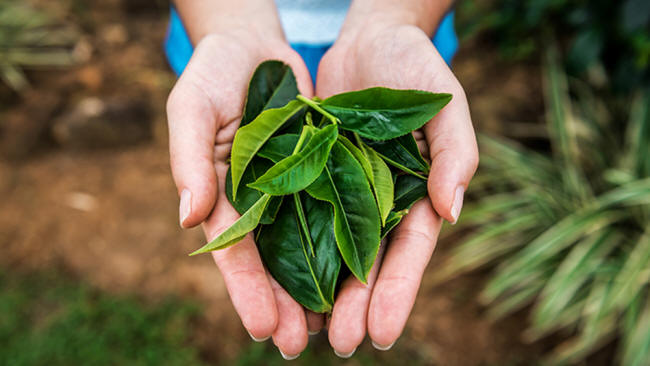|
Currently, more than 182 million Americans (54 percent of the population) are considered fully vaccinated against the virus, and approximately 64 percent have received at least one vaccine dose.
However, reports indicate that vaccine efficacy reduces with time...
Booster doses are now being recommended, despite a lack of unity from the country's Food and Drug Administration (FDA) and Centers for Disease Control and Prevention (CDC) officials in accepting this step.
Moreover, new variants of the coronavirus further complicate the picture, and 'breakthrough infections' in fully vaccinated people are on the rise.
This situation calls for a revision of current approaches and the incorporation of innovative health strategies that are effective, economic, and accepted by the majority of people worldwide.
Scientists at the Dr. Rath Research Institute have been researching various micronutrients that can work together in a coordinated way to control important steps of SARS-CoV-2 infection.
In their approach, they focused on key mechanisms of infection.
The initial step of infection is when the virus attaches itself to a specific receptor on the host cell walls.
This 'entry door' - known as the Angiotensin-Converting Enzyme 2 (ACE2) receptor - is present on many types of cells including those of the respiratory, cardiovascular, digestive, and excretory systems.
Another receptor implicated in viral attachment is neuropilin-1 (NRP1).
In addition, the processes of viral attachment and cellular entry also require the activation of other enzymes of the host cell, such as,
Once inside the cell the coronavirus multiplies using another enzyme, RNA-dependent RNA polymerase (RdRp).
These enzymes are targeted by pharmaceutical companies in developing drugs against COVID-19. However, many natural compounds act on the same targets to block the entry of the coronavirus and its multiplication within cells.
A recent study published by the Dr. Rath Research Institute's scientists, documented that a specific combination of plant compounds including, ...was able to simultaneously inhibit key steps involved in the viral attachment, multiplication, and spread of SARS-CoV-2.
These findings expand on the research team's earlier results, which showed that this same combination could effectively inhibit the expression of ACE2 on lung cells by 90 percent.
The recent study also showed the effect of this plant compound combination in decreasing the expression of NRP1.
The compounds additionally reduced the activity of TMPRSS2, cathepsin L, and furin, thereby impairing the infectivity and attachment of the coronavirus.
Moreover, the researchers further observed a statistically significant lowering of RdRp activity which reduced the capability of the virus to multiply within cells.
This coordinated interference with several mechanisms of SARS-CoV-2 infectivity is possible due to the unique properties of natural compounds.
At the current time, when there is no effective treatment available for COVID-19, research-backed studies of safe natural compounds with proven efficacy seem to be a prudent way to protect ourselves.
If you have any questions about the Dr. Rath Research Institute's science-based natural approach to controlling COVID-19, please feel free to contact us.
|

